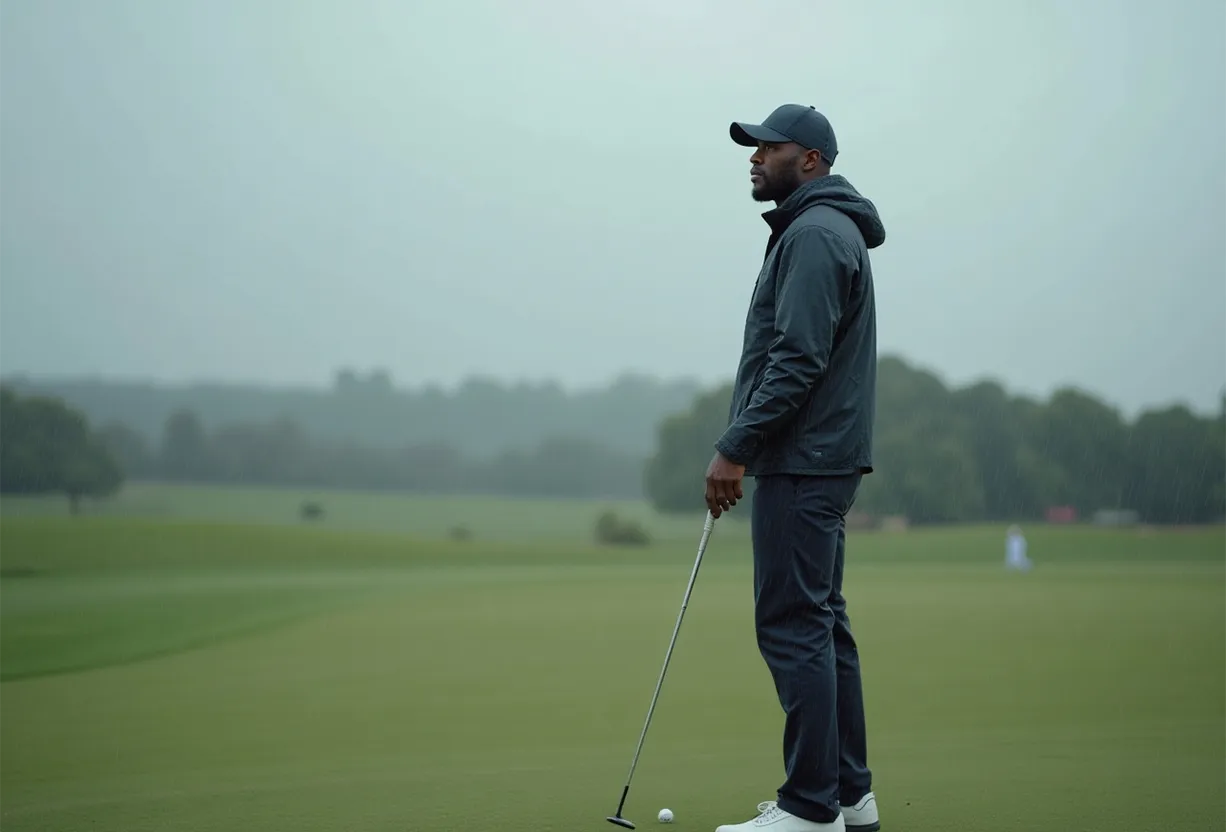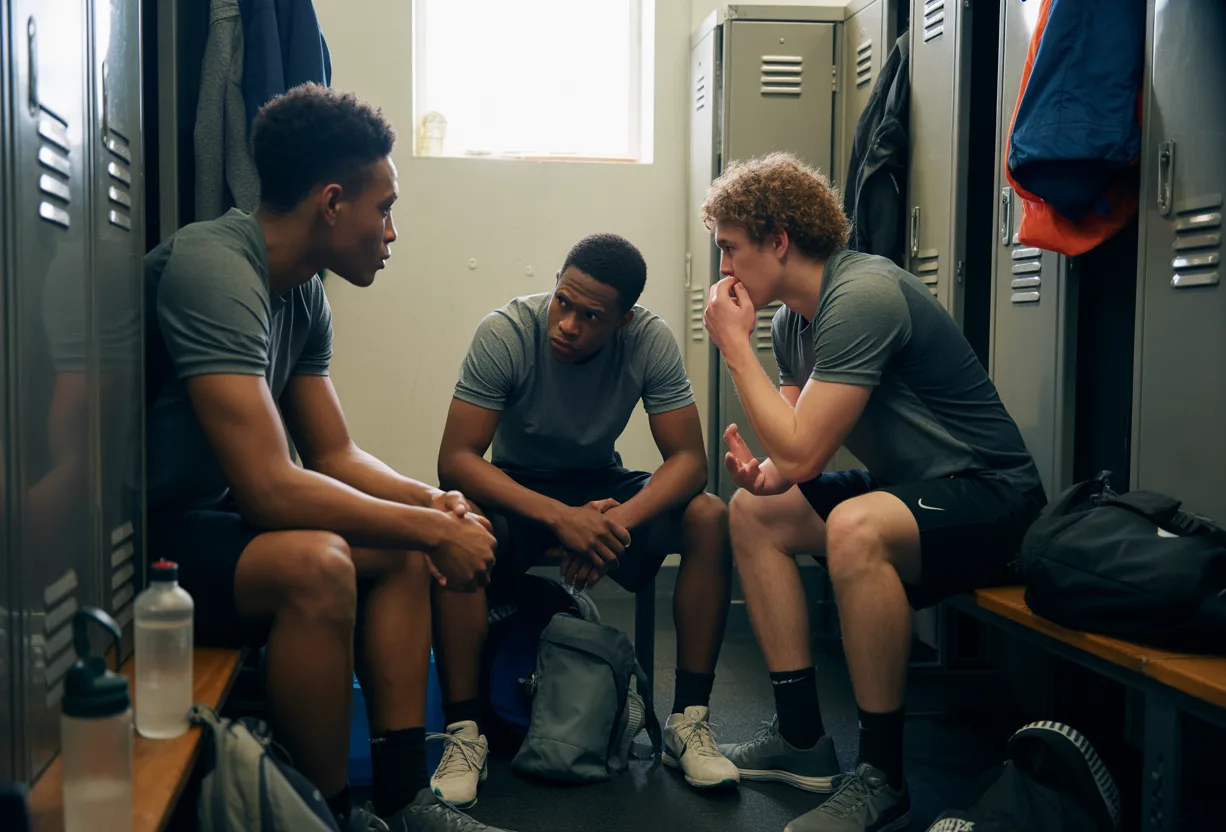Confidence Isn’t a Vibe, It’s a Skill You Can Train
At Revibe Therapy, we see it all the time: athletes who dominate practice but freeze up under pressure, professionals who say all the right affirmations but still second-guess themselves, and parents who hold it together for everyone else but feel like they’re falling apart inside. You’re not broken. You’re just using the wrong strategy to build confidence.
And if you’re relying on motivational videos, morning routines, or positive self-talk alone… you’ve probably felt it already: it doesn’t last.
Through our work in Sports Psychology and Online Therapy, we’ve helped countless people break this cycle by teaching them how to train confidence like a skill, not a feeling. In this blog, we’ll break down how the nervous system hijacks your confidence, why affirmations fall flat when anxiety leads, and how to rewire your brain using one simple habit that works even when nothing else does.
Let’s dig in.
The Real Problem: Why Fake Confidence Doesn’t Stick
Fake confidence feels good… until life throws a test your way. You say the right affirmations, maybe even do the “mirror pep talk.” But when it’s time to speak up, perform, or show up, you freeze, blank out, or retreat.
Sound familiar?
This isn’t about weakness. It’s about untrained wiring. If your body hasn’t practiced discomfort, no amount of positive thinking will override the fight-flight-freeze response.
Athletes choke during competition, professionals procrastinate on key projects, and parents go numb during emotional overload, not because they don’t care, but because they haven’t learned how to train behavioral proof of inner control.
That’s where we come in.

Why Confidence Can’t Exist Without Anxiety Mastery
Confidence is not the absence of fear, it’s the presence of internal leadership.
The nervous system only listens to evidence, not emotion. When anxiety takes over, when your heart races, your breath shortens, your thoughts spiral, you revert to survival mode. That’s why you ghost people. That’s why you freeze in the middle of a presentation. That’s why you talk yourself out of action.
If you’ve ever said, “I don’t feel ready,” or “I just need to wait for the right moment,” that’s anxiety whispering doubt through hesitation.
At Revibe Therapy, we teach our clients to stop waiting for readiness. Because real confidence is built when you take action before you feel ready, and survive it.
The Mental Framework: SCBGs and Subconscious Rewiring
The hack is called the SCBG Protocol, short for Sacrificial and Compensational Behavioral Goals. It’s one of the most powerful tools we teach in both our Sports Psychology programs and Online Therapy sessions.
Here’s the idea:
- ✅ Sacrificial Goal: Do one hard thing each day that you would normally avoid. This trains your nervous system to follow your leadership.
- ✅ Compensational Goal: Reward yourself with something enjoyable, but only after the sacrifice is completed.
Simple? Yes. Easy? Not at first. But this is how you create internal proof that you lead, not your feelings.
When you override your comfort zone and act anyway, your brain updates its file: “We’re not fragile anymore.”
Now you’re not managing emotions, you’re mastering behavior.

3 Tools to Build Real Confidence Daily
🔹 SCBG Protocol
Write down one uncomfortable action you’ve been avoiding (like making a call, going to the gym, or setting a boundary). Complete it without negotiating. Then follow it with a small reward.
🔹 Diaphragmatic Breathing
When anxiety spikes, most people hold their breath. This deep breathing method restores control to the nervous system and helps you stay present during discomfort. Watch the breathing demo.
🔹 Proof Over Pep-Talks
Stop trying to “feel” confident. Start tracking actions that prove leadership. Confidence is not an emotion, it’s the side effect of consistent, aligned behavior.

You’re Not Fragile, You’re Undertrained
At Revibe Therapy, we don’t coddle. We train.
If you’ve struggled with confidence, anxiety, emotional burnout, or self-sabotage, we’re here to show you that your nervous system isn’t your enemy, it just needs a new leader.
You.
Whether you’re an athlete pushing through a plateau, a professional rebuilding discipline, or a parent trying to hold it together, we’ll give you the mental tools to take back control.
You don’t need another motivational video. You need a repeatable system. One that works in real life. Under pressure. In discomfort. And especially when you don’t feel like it.
Ready to build confidence from the inside out?
👉 Watch the Full Video on YouTube
📥 Download the SCBG Protocol Worksheet
📊 Explore the Emotional Patterns Chart
💬 Book a Free Online Therapy Consultation
Confidence isn’t a feeling. It’s a habit you prove every day.
— Revibe Therapy






 Most often it is not the situation, but how we think about the situation that causes our feelings. How we think about situations is based on what we have learned and experienced in the past. Over time we may begin to react in ways that do not help us, and start feeling stuck and unhappy.
Most often it is not the situation, but how we think about the situation that causes our feelings. How we think about situations is based on what we have learned and experienced in the past. Over time we may begin to react in ways that do not help us, and start feeling stuck and unhappy. Dr. Ivey, Psy.D. completed her doctorate in Clinical Psychology with a concentration in Organizational Consulting at Pacific University’s School of Graduate Psychology in Oregon. For her dissertation, Dr. Ivey conducted qualitative research on the effects of workplace discrimination and microaggressions on minority Veterans’ overall job satisfaction with their military career. She completed the APA-accredited Psychology Internship training program and Postdoctoral Residency at the Orlando VA Healthcare System.
Dr. Ivey, Psy.D. completed her doctorate in Clinical Psychology with a concentration in Organizational Consulting at Pacific University’s School of Graduate Psychology in Oregon. For her dissertation, Dr. Ivey conducted qualitative research on the effects of workplace discrimination and microaggressions on minority Veterans’ overall job satisfaction with their military career. She completed the APA-accredited Psychology Internship training program and Postdoctoral Residency at the Orlando VA Healthcare System. I know you’re stressed and exhausted while trying to keep up with the world’s go go go trials, trying to do it all perfectly. This “hustle” mentality makes all of us prone to mistakes and poor decisions. Your mind is overthinking at such a high pace by now that you no longer know where to find the off button, or recall when you turned it on in the first place. Trust me, I’ve been there, and in that dark place is where you start to feel worried and fearful about the future because you don’t feel in control of the now. Sound familiar?
I know you’re stressed and exhausted while trying to keep up with the world’s go go go trials, trying to do it all perfectly. This “hustle” mentality makes all of us prone to mistakes and poor decisions. Your mind is overthinking at such a high pace by now that you no longer know where to find the off button, or recall when you turned it on in the first place. Trust me, I’ve been there, and in that dark place is where you start to feel worried and fearful about the future because you don’t feel in control of the now. Sound familiar? Often, when we seek support through therapy, we seem to underestimate the power of our own role in the healing process. We have all carried metaphorical luggage filled with experiences and events that have impacted our life. I know that it has been hard for you to seek support in untangling those moments from the past that now provoke stress, anxiety, frustration, anger, loneliness, sadness, guilt, depression, or hopelessness. The fact that you are reading this means that you have the intention to become the best version of yourself.
Often, when we seek support through therapy, we seem to underestimate the power of our own role in the healing process. We have all carried metaphorical luggage filled with experiences and events that have impacted our life. I know that it has been hard for you to seek support in untangling those moments from the past that now provoke stress, anxiety, frustration, anger, loneliness, sadness, guilt, depression, or hopelessness. The fact that you are reading this means that you have the intention to become the best version of yourself.